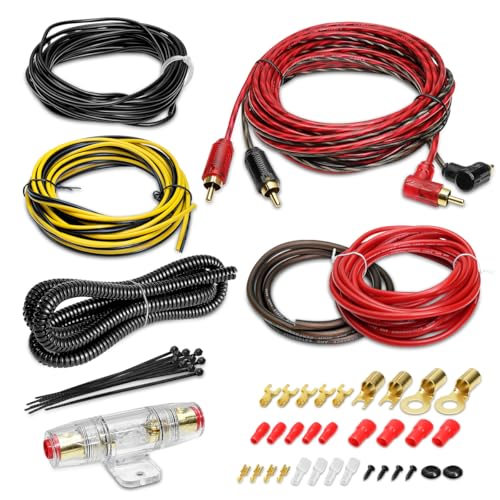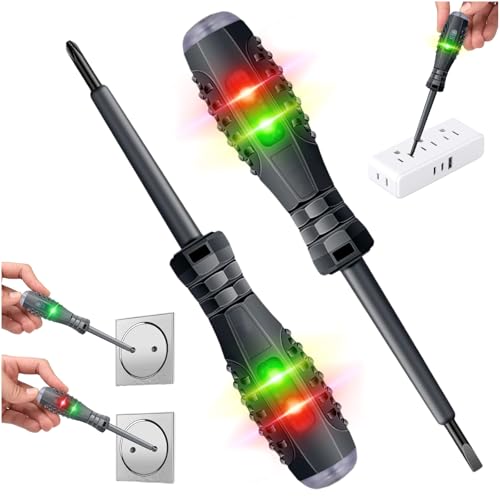You are using an out of date browser. It may not display this or other websites correctly.
You should upgrade or use an alternative browser.
You should upgrade or use an alternative browser.
Electric Shower Installation A Washout
- Thread starter ianhni
- Start date

Help Support Talk Electrician Forum:
This site may earn a commission from merchant affiliate
links, including eBay, Amazon, and others.
See, that disappoints me, like i should be speaking Welsh if i live in England, 
user 15807
Junior Member
- Joined
- Nov 22, 2011
- Messages
- 45
- Reaction score
- 0
Dont like to wee on anyones bonfire but the RCD may be rated at 63A and 30ma IE builders/shower supply consumer unit as marketed by the likes of tlc etc. I agree a shower installation is not a DIY job and should have been tested correctly before and after energisation.As I said on another thread recently...
http://talk.electricianforum.co.uk/topic/23507-advise-needed/
IMHO installing an electric shower is not a DIY job...
Your post confirms this to be true...
The correct sequence of DEAD TESTS prior to enrgising the unit would have prevented this fault...
that is why competent electricians use the correct test equipment...
We don't just by the test gear as a hobby interest...
it is to ensure the safety of all electrical alterations done!
You have probably wasted more time and money swapping unnecessary items...
than had you followed good wiring practice as per the guidance in BS7671 would have prevented your fault.
p.s.
RCD's are rated in miliamps not amps...
you do not have a 63A RCD..
As is always the case the person who considers themselves to be "Highly competent"..
is a gnats whisker away from being an electrical novice working outside of there abilities..
Get someone with the correct test equipment to come and test the cable for you....
then start from whatever conclusions these tests come to...
You should not simply joins some wires then switch on to see if something works!
Very dodgy practice!!!
p.p.s..
You may have contravened building regs as well dependant upon which part of the country you are in.
:coat
The OP is asking for help to find out what is wrong, surely this is better than fitting a bigger MCB or just doing without it.
Obviously the money I spend on Part P registration is completely wasted. No deterent against Doing it Yourself.
- Joined
- Mar 28, 2008
- Messages
- 14,661
- Reaction score
- 1,363
Dont like to wee on anyones bonfire but the RCD may be rated at 63A and 30ma IE builders/shower supply consumer unit as marketed by the likes of tlc etc. I agree a shower installation is not a DIY job and should have been tested correctly before and after energisation.
The OP is asking for help to find out what is wrong, surely this is better than fitting a bigger MCB or just doing without it.
Obviously the money I spend on Part P registration is completely wasted. No deterent against Doing it Yourself.
Obviously ALL RCDs have a maximum load rating that the switch contacts are designed to break...
(nothing to do with builders or TLC!!!)..
But just referring to this figure (as the op did) is no use at all without the MORE IMPORTANT tripping current...
10ma/30ma/100ma etc..
What value do you put on your certificates for RCD rated operating current ? 63A / 80A ?
Or the ma value!!!
The point being, that from the post clearly the OP is NOT as Highly competent as he tought...
and has little or no idea about the point or the important rating value of the RCD...
Rated tripping current..
Or about basic dead tests!!
:coat
Last edited by a moderator:
Sharpend
"It Just Is"
Could be that in the process if screwing back the isolator the cables are crushed and shorting out ?
Still I'd suggest that the OP gets a competent electrician in who will prevent the OP from highly competently injuring himself.
Still I'd suggest that the OP gets a competent electrician in who will prevent the OP from highly competently injuring himself.
What peeeeevs me off about this sort of poster is he didnt even come back to view replies. He probably posted on numerous sites or spotted his mistake.

£18.58
Rail for PV Solar Panel Installation Includes End Clamp and Middle Clamp (Set 1(For 35mm))
KA KE LI MAO YI

£18.57
Rail for PV Solar Panel Installation Includes End Clamp and Middle Clamp (Set 1(For 30mm))
KA KE LI MAO YI

£5.99
£7.99
2-in-1 High Torque Strong Magnetic Screwdriver Electricity Detector, Electrical Screwdriver Electrical Tester,Voltage Tester Screwdriver for Electrician Tools (2Sets)
Shenzhen Xudu E-commerce Co Ltd

£25.84
Rail for PV Solar Panel Installation Includes End Clamp and Middle Clamp (Set 2(For 30mm))
KA KE LI MAO YI

£499.00
Davlex Commercial Electric Convection Oven Double Fan YXD1AE Bake Roast Browning
Davlex Catering Equipment

£249.99
Davlex four 4 pot baine marie large tank 32 litre soup food doner sauce warmer commercial electric
Davlex Catering Equipment

£839.00
Davlex Large 108 Litre Commercial Electric Convection Oven Double Fan & Steam Humidity YXD-6A-H108L Bake Roast Browning
Davlex Catering Equipment
homebase are doing a 9kw triton (something) for £89.99 this weekend only...
Just saying....
now how do I connect this to an old wylex board and do homebase sell 40a fuse wire?
Just saying....
now how do I connect this to an old wylex board and do homebase sell 40a fuse wire?
Similar threads
- Replies
- 10
- Views
- 2K
Latest posts
-
-
Swapping 2 way dimmer for 2 way switch, please
- Latest: SPECIAL LOCATION
-
-
-
























































